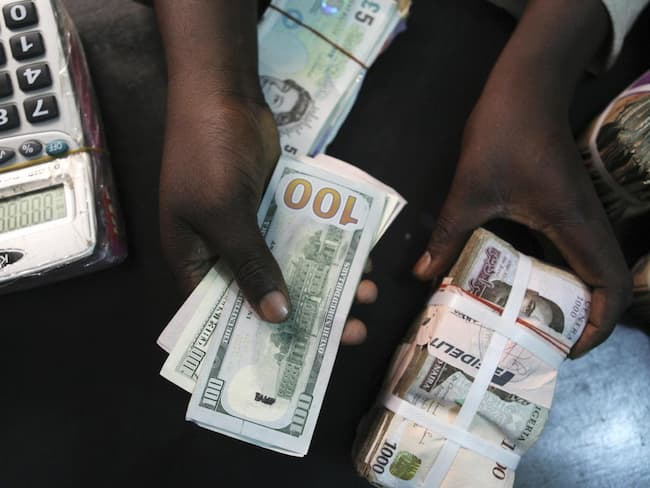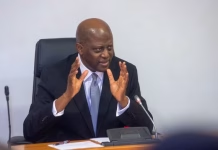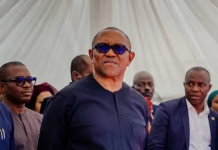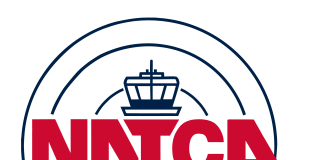The exchange rate between the Naira and the US dollar, according to the data released on the FMDQ Security Exchange, the official forex trading portal, showed that the Naira closed at 1665.50 per $1 on Wednesday, September 12, 2024. Naira traded as high as 1627.12 to the dollar at the investors and exporters (I&E) window on Tuesday.
How much is a dollar to a naira today in the black market?
Dollar to naira exchange rate today black market (Aboki dollar rate):
The exchange rate for a dollar to naira at Lagos Parallel Market (Black Market) players buy a dollar for N1655 and sell at N1665 on Wednesday, 11th September 2024, according to sources at Bureau De Change (BDC).
Please note that the Central Bank of Nigeria (CBN) does not recognize the parallel market (black market), as it has directed individuals who want to engage in Forex to approach their respective banks.
Dollar to Naira Black Market Rate Today
| Dollar to Naira (USD to NGN) | Black Market Exchange Rate Today |
| Buying Rate | N1655 |
| Selling Rate | N1665 |
Dollar to Naira CBN Rate Today
| Dollar to Naira (USD to NGN) | CBN Rate Today |
| Buying Rate | N1626 |
| Selling Rate | N1627 |
Please note that the rates you buy or sell forex may be different from what is captured in this article because prices vary.
Subsidy Removal Will Free Up Resources For Critical Investments—Tinubu
President Bola Tinubu has defended his administration’s decision to remove the subsidy on Premium Motor Spirit (PMS), commonly known as petrol, during the opening of the 17th Annual Chartered Institute of Bankers of Nigeria (CIBN) Banking and Finance Conference held in Abuja on Tuesday.
Represented by Vice President Kashim Shettima, President Tinubu articulated that the removal of the subsidy was a necessary step to liberate financial resources for crucial investments across the country.
According to the President, this move is part of broader reforms aimed at revitalizing Nigeria’s macroeconomic environment and restoring confidence in the nation’s economy.
He emphasized the importance of these reforms at a time when Nigeria faces numerous interconnected challenges.
The theme of this year’s CIBN conference, ‘Accelerating Economic Growth and Development: The State of Play and the Way Forward,’ was highlighted by Tinubu as both timely and imperative, underscoring the critical juncture at which the Nigerian economy currently stands.
The conference serves as a platform for financial experts and policymakers to deliberate on strategies for economic advancement amidst these reforms.
President Tinubu said, “We have taken bold steps to reform the macroeconomic environment. Our focus is on restoring confidence in the Nigerian economy through measures aimed at reducing inflation, stabilising the foreign exchange market, and improving fiscal management.
“Though painful in the short term, the removal of fuel subsidies is designed to free up budgetary resources for critical investments in infrastructure and social services and frequent adjustment of the monetary policy rate, a move aimed at curbing inflation and fostering a more market-oriented exchange rate system.”
President Tinubu also noted that his administration is committed to strengthening infrastructure development in the ongoing bid to grow Nigeria’s economy.
Tinubu also called for collaboration across all sectors, including the government, private industry, and civil society organisations, saying, “To achieve sustained economic growth, we must intentionally align our policies and actions with the changing global landscape.
“The government is committed to implementing reforms to enhance macroeconomic stability, reduce inflation, and support infrastructure development.”













